Ekadashi is thought of as a day of sanctity according to Hindu and Jain traditions. It falls on the eleventh day in the moon cycles that occur in the two months of Krishna and Shukla Paksha.
In spiritual terms, Ekadashi symbolizes eleven senses that comprise five organs of the senses as well as five action organs, along with one mental mind.
The practice of fasting is to celebrate the day by regulating the eleven senses, eating only food that is permitted, and abstaining from other people.
There are 24 kinds of Ekadashi throughout the year, each one tied to different incarnations that are associated with Lord Vishnu. Each one is associated with specific rules for eating during the fast that must be adhered to steer the energy of the mind in the right direction and to stay away from doing bad things.
Putrada Ekadashi
Putrada Ekadashi occurs in January, on the eleventh day of the bright lunar cycle. It means “giver of sons,” and fasting during the day and performing puja for Lord Vishnu will bless the faithful with children. The fast begins at the time of dawn on Ekadashi and finishes the next day. They aren’t allowed to consume rice, pulses, garlic or onions during the period of fasting. Anyone who doesn’t adhere to the strict rules of fasting can indulge in milk and fruit. Foods that are not vegetarian are strictly forbidden in Hindu households on this day.
Satilla Ekadashi
Satilla (also known as Tilda Ekadashi originates from the word “Til,” which means sesame seeds. This tradition involves the exchange of sesame seeds in exchange for gifts and cooking food with the seeds. The people who observe this day should give sesame seeds and cereals, and other food items to improve their destiny. The significance of this day demonstrates the importance of the ‘annadaana’ food donations in Hindu tradition. The devotees are not allowed to eat beans, pulses, or grains in their meals. Likewise, fruits such as coconut, guava, and pumpkin should be given to gods.
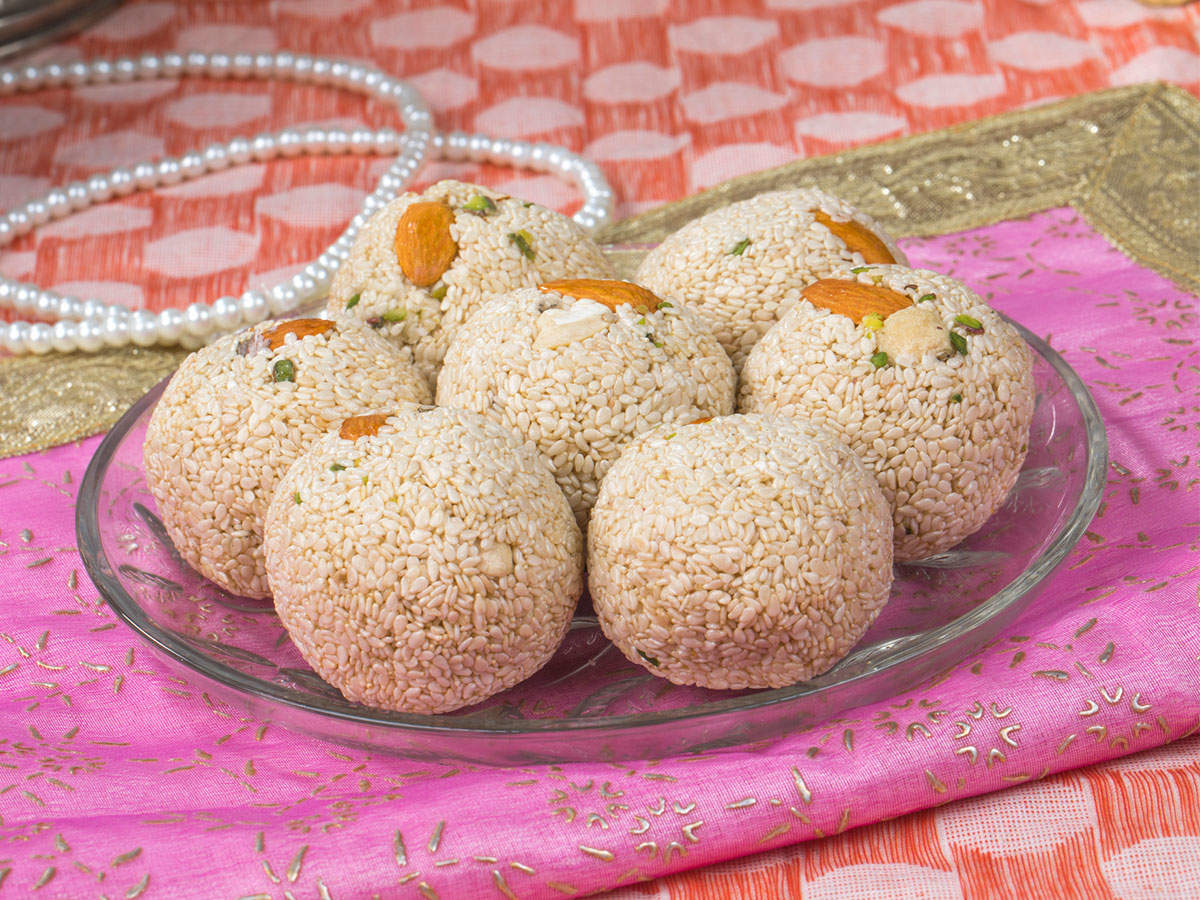
Jaya Ekadashi
On the day of this blessed day, the people observe a fast beginning with the timings of Jaya Ekadashi until the following morning. In keeping with the basic rules that food items made of non-vegetarian ingredients are prohibited. The devotees are not allowed to eat rice and pulses, but eating during this time is not strictly forbidden. You can have fast-food dishes such as aloo jeera, sabudana-khichdi or sabudana, kattu paratha, ki poori etc. Drinking milk and fruit is also permissible. Honey, leafy vegetables, as well as certain spices, aren’t considered to be a sign of good luck.
Vijaya Ekadashi
Traditionally, a whole day of fasting is observed on Vijaya Ekadashi and devotees celebrate the day by praying to Lord Vishnu whom they believe to be the one who sustains the Earth. It is forbidden to consume Tamasic food items made from garlic and onion. Also, they are not permitted to consume grains such as lentils, rice, and pulses. Sabudana khichdi made of ground potatoes and nuts is a favourite dish in Vijaya Ekadashi. But, it must be cooked with rock salt and should not contain a lot of spices. Dry fruits and milk can be consumed.
Amalaki Ekadashi
Amalaki Ekadashi also celebrates the amazing power of Lord Vishnu. Amalaki is the word for Amla and has an important place in both Ayurveda as well as Hinduism. According to the Padma Puran, Amla was extremely dear to Lord Vishnu and this is why the day is commemorated by making amla paste, worshipping the amla trees, eating and even giving amla. The amla paste may also be presented to Lord Vishnu as Prasada. It is forbidden to eat legumes or grains consumed during the fast. only nuts, potatoes fruits, milk as well as black pepper along with rock salt, are permitted.
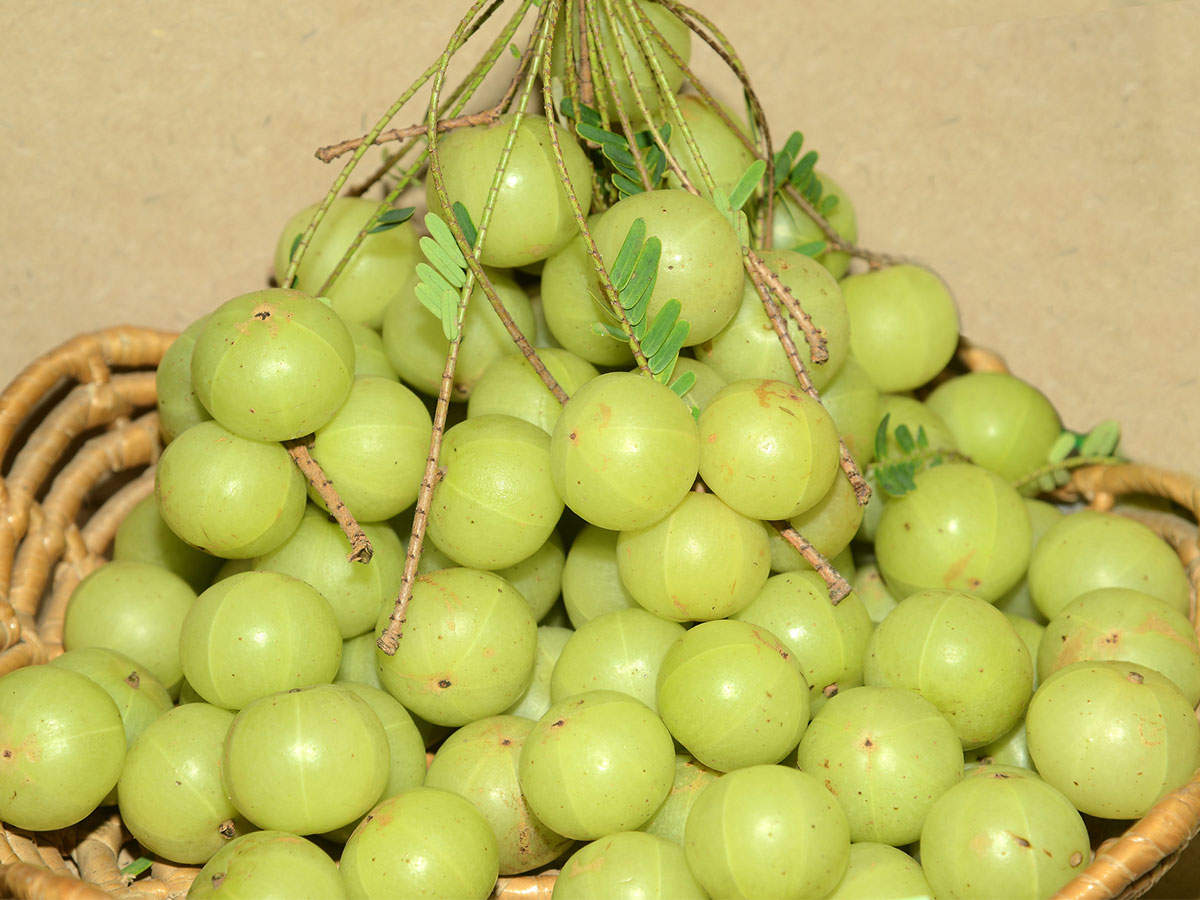
Papmochani Ekadashi
According to the Hindu calendar, Papmochani Ekadashi is celebrated during the month of Chaitra. People who are devotees to Lord Vishnu wake up early and keep a strict fast for the whole day. Special foods like Kheer, Til Laddu, and Mewa are cooked and served as Prasada to Lord Vishnu. If they are unable to keep the entire fast, they can consume falahari, fruit, milk khichdi, and juice. Vegetables cooked or raw in the form aren’t permitted. People give food and clothing to the needy to celebrate this holiday.
Kamada Ekadashi
Kamada Ekadashi falls at the start of the “Hindi New Year” and keeping a fast during this time is believed to shield devotees from a variety of curses. A special bhog must be offered to Lord Vishnu during the time of prayer on Ekadashi and the devotees are not allowed to consume food on the day. If they do consume food, it must be Sattvic. Dry fruits, dry fruits as well as milk-based products are permitted. The fast must be completed the next day following the offering of food to those in need. Consumption of peas, beans, pulses, grains, and pulses is forbidden. It is believed that Tulsi leaves should not be eaten or plucked during this time.
Varuthini Ekadashi
The practice of fasting in the month of Varuthini Ekadashi is thought of as having a penance of 10000 years. The fast starts on the morning of Ekadashi and lasts until the early morning of the following day. After performing puja as well as Prashad and giving food to brahmans, they may break the fast. If they are unable to complete an entire fast, they can eat one meal during the daytime, but stay away from the red lentil, black gram and chickpeas. Honey and betel nuts leave betel nuts or spinach. You can also have sabudana fruit, water, milk, and sweets.
Gauna Mohini Ekadashi
The devotee is required to observe the strictest fast during the day of this festival to beg Lord Vishnu. They are allowed to eat a single lunchtime meal, in case they are unable to go the whole day and evening without eating. They are then required to stay all night, singing songs. The fast can be broken in the day by eating fruit and milk. Foods that contain grains or tamasic substances like garlic or onion are permitted.
Apara Ekadashi
During worshipping the god at Apara Ekadashi, it is crucial to present Bhog and Tulsi leaves. Additionally, they should donate clothing and food to those in need. Make sure to share the prasad with everyone within the family. Food items such as rice or meats, onions garlic, lentils, etc. are prohibited during this time. The fast can be broken the following day only in its Puran muhurta. It is possible to eat milk-based food and dry fruits, vegetables, and fruits (if they are unable to adhere to a complete fast) just.
Nirjala Ekadashi
Nirjala is a Hindi word meaning “without water” or “no water. The fast observed on this Ekadashi is performed for 24 hours with no drinking water, beginning from the dawn of the Ekadashi until the following morning. On the night before this day, those who observe the fast make an offering of prayer, and then only eat once during the course of the day. The food does not include lentils or rice since they are not permitted. The guests are permitted to drink just a little bit of water after the cleansing ceremony. At the time of the ceremony, panchamrit or a mixture of ghee, milk sugar, curd, and honey, is presented to the god.
Yogini Ekadashi
Yogini Ekadashi entails eating food that is free of salt. The devotee is advised not to consume any stimulant food for one evening prior to the Ekadashi and should take a salt-free diet. Moong dal, barley, and wheat are forbidden foods on the day preceding and during days of fasting. A person who is a devotee may be allowed to break their fast if they donate clothes and food to brahmans and those in need the following morning.
Padma/Devashyani Ekadashi
On this day of piety, the devotees observe the Ekadashi fast and make use of lentils and grams, honey, specific spices, and all meats are prohibited. It is also prohibited to consume any Tamasic foods made from root vegetables like onions and garlic. It is possible to break the fast in the morning following making offerings of honey, milk sugar, flour, and milk. This day marks the start of chaturmas which are the holy four months of the Hindu calendar. Sacred works and rituals are not conducted during this period.
Kamika Ekadashi
This Ekadashi is observed during the period of chaturmas during which Lord Vishnu has been believed to be asleep. On the day of this celebration, devotees should provide milk, fruits, and sesame seeds, in addition to flowers to Lord Vishnu during worship. They should also offer panchamrit. It is recommended to keep a strict fast throughout the day, eating only after giving food to the less fortunate the following morning. If they consume only one meal, they should make sure they do not eat rice or meat. Giving new buds to the Tulsi plant has an important meaning on the occasion.
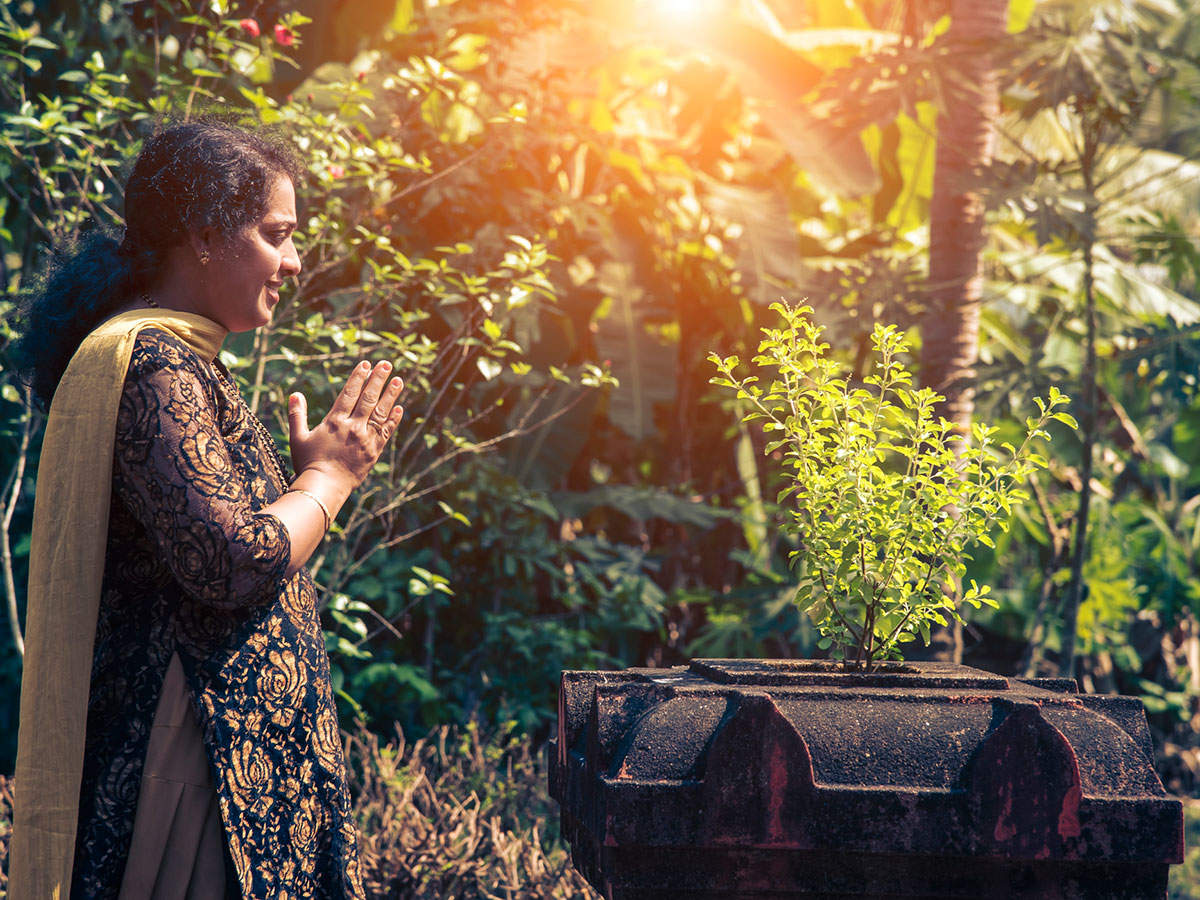
Aja Ekadashi
Fasting on Aja Ekadashi removes our insecurities and sins. It is essential to honour the Lord by eating coriander leaves and grains or seeds. Consuming grams of honey, gram seeds, or any other vegetable like karonda (Carunda) can be prohibited. You can only eat only once and do not have another meal during the day. Masoor Dal should not be consumed one night before the fast. In addition, devotees should abstain from eating leaves from betel (paan) in the month of Dashami.
Parivartini, Vamana or Parsva Ekadashi
On Parsva Ekadashi the practice of fasting as well as praying for Lord Vishnu cleanses the devotees of any sins and also pleases Goddess Lakshmi. If they choose to observe a fast on this day they should not eat food until sunset, on Dashami. They must pray to the Lord by eating sesame seeds seasonal fruits, and Tulsi leaves. They should not eat an ordinary meal on this day. However, they may take dairy products, fruit, and dry fruit after offering an evening prayer. The best way to avoid this is to not eat rice, grains, and beans during the day.
Indira Ekadashi
On Indira Ekadashi, the fast is observed in order to bring relief to our forefathers. Lord Shaligram is revered on this day. People who are devoted to Shaligram should not eat more than the evening prior to Ekadashi. They may break their fast during Dashami following the tarpan ritual and when the food is given to the Brahmans. On Ekadashi, it is mandatory to be fasting for the whole day without grains or cereals. They then offer food to brahmans, and afterwards to a crow, an animal, and a cow. The fast only ends on Dwadashi when they perform puja and have meals with family members.
Padmini Ekadashi
Fasting is a vital part of Padmini Ekadashi, which purifies the soul, mind, and body. The participant is not allowed to eat such as chickpeas, rice as well as honey, spinach, and the urad daal. The devotees who are unable to keep an unrestricted fast may have an evening meal consisting of dairy and fruit. The fast begins at Dashami and the devotee has to take light meals that do not contain garlic, onion, or strong spices. The consumption of food with bronze utensils is not allowed.
Parama Ekadashi
A fast on Ekadashi removes a person from all sins and helps them reach the realm of gods. Only sattvic food items consisting of sweets, fruits, and dairy products are permitted to be eaten during this day. This is an option for those who can’t go an entire day without eating and eating. The devotees are fast for 24 hours and live solely by drinking water. They shouldn’t eat food items like honey, grams, lentils meats, or vegetables.
Papankusha Ekadashi
On Papankusha, devotees should begin their fast on the date of Dashami similar to other Ekadashis. They should not eat wheat, barley, rice moong, gram, and the urad dal during Dashami because the seven grains are thought to be sacred and revered on this particular day. Foods that cause heavy digestion like sabudana chips, bananas, or other foods that are fried are not permitted. Drinks such as fruit juice, water, and milk are permitted. The fast is broken only at Dwadashi after the meal is served for the Brahmans.
Rama Ekadashi
Anyone who isn’t able to keep a fast of Rama Ekadashi should make sure they don’t eat dishes that are rice-based or any other non-vegetarian food. People that observe the fast should not eat anything during the day. But, if this is impossible, they may be eating organic and vegetarian foods. Devotees are required to apply turmeric to basil leaves and then offer it to the god during the puja.
Devathuna Ekadashi
On this date, it is said that Lord Vishnu is awakened after a long period of rest. From Ekadashi to the present devotees can continue their auspicious rituals that are forbidden during this time. Food is consumed at lunchtime of Dashami and the devotees may only eat on the next day following Ekadashi. This is essential to ensure that no trace that was consumed remains following the day of fasting. Some individuals do not take any food at all or drink any water, while others opt for a slower fast, drinking milk, fruits, and natural juices of fruit, as well as tea. People who are fasting should not consume grains, vegetables, or cereals during this day.
Utapanna Ekadashi
Based on religious beliefs those who observe a fast on Utapanna Ekadashi are able to experience all sorts of comforts, and also receive the protection of Lord Vishnu when they die. The devotees with body determination and strength should follow an exact fast, drinking only water throughout the day. If they aren’t able to perform the fast shouldn’t eat prohibited foods like alcohol, garlic meat, masoor daal, and so on. A special significance is placed on wedding brides and offering them fruit. Kheer with tulsi leaves was also made during this time.
Mokshada Ekadashi
Similar to many other Ekadashis, Mokshada Ekadashi is also associated with a fast that lasts from the end of the day to the next day. The fast must be strictly adhered to and eating food is forbidden. Others follow partial fasts in which they drink fruit juices dried fruits, milk, and other fruits. If you are unable to keep the fast but wish to honour the Lord, abstain from garlic, onion and beans, pulses, rice, and so on. and limit your consumption to vegetables, fruits dairy products, nuts and milk. The leaves of the Bel tree are eaten during this time.
Why isn’t the rice consumed on Ekadashi?
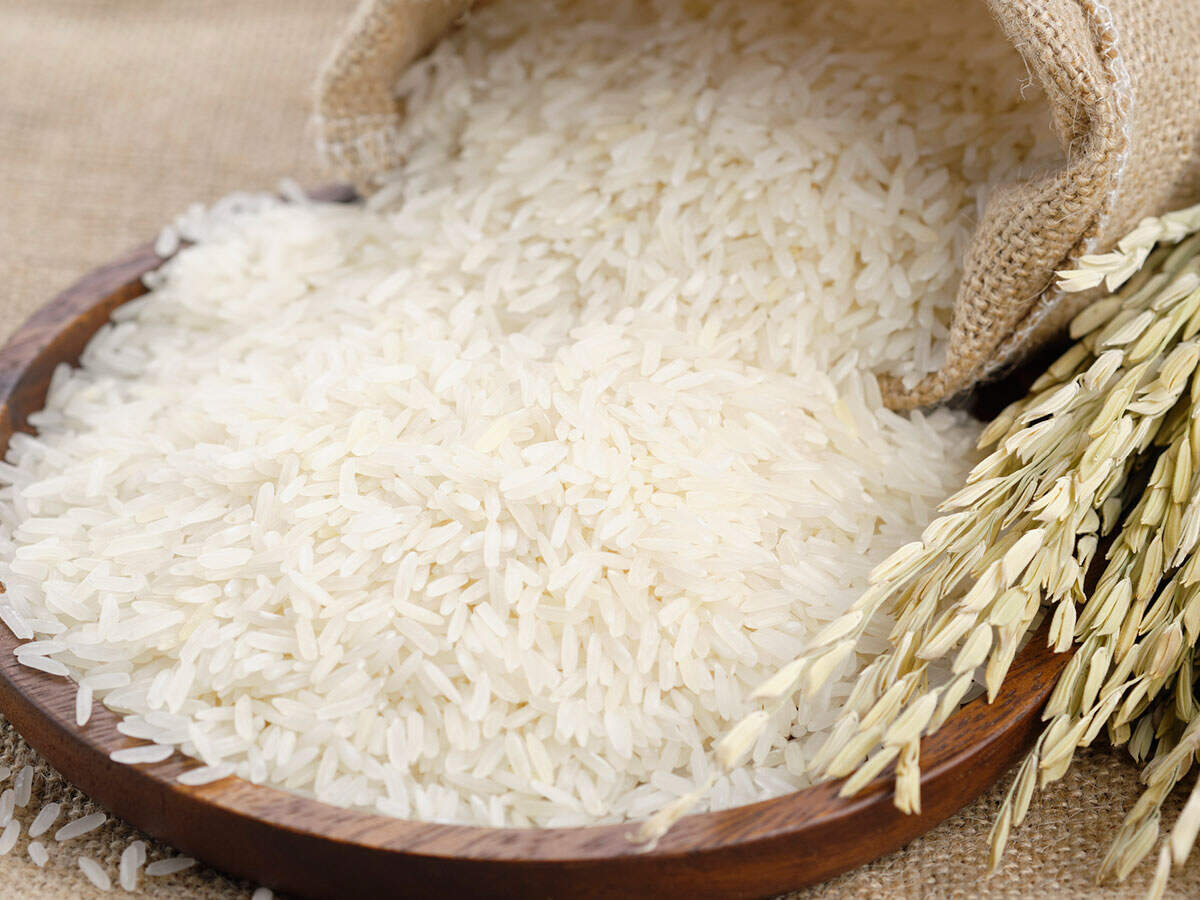
According to religion according to the religious beliefs, an ounce of sweat fell to the ground after Lord Brahma’s head , and it became an undead. In its quest for an appropriate place to reside, Brahma told the demon to live in the rice grains consumed by those on Ekadashi and then transform them into worms inside their stomachs.
There is a reason for not eating rice on Ekadashi. Consuming food that holds excessive amounts of water on Ekadashi could cause instability as the moon draws water, and the moon’s rays are believed to carry greater cosmic energy on this day. Because rice grains contain lots of water and are high in water, eating it could cause the aggravation of certain ailments like water retention, sinusitis, cold and so on.
Download Ekadashi Calender 2023
Also Read:- Karma Yoga | Bhagavad Gita on Karma Yoga
Manthanhub has trained lots of people to achieve celibacy via their youtube channel and through their courses. You can take exclusive courses of manthanhub for your tremendous transformation. For getting more details about the courses you can click here.

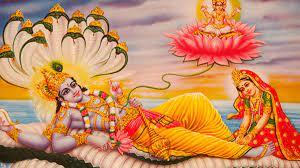
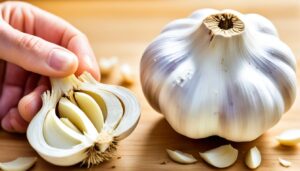


एकादशी के बारे में बताने के लिए मंथनहब टीम को बहुत-बहुत धन्यवाद और आभार हमें इस चीज की बहुत ज्यादा जरूरी थी जो आपने पूरा कर दिया हम आपके सदैव ऋणी रहेंगे।